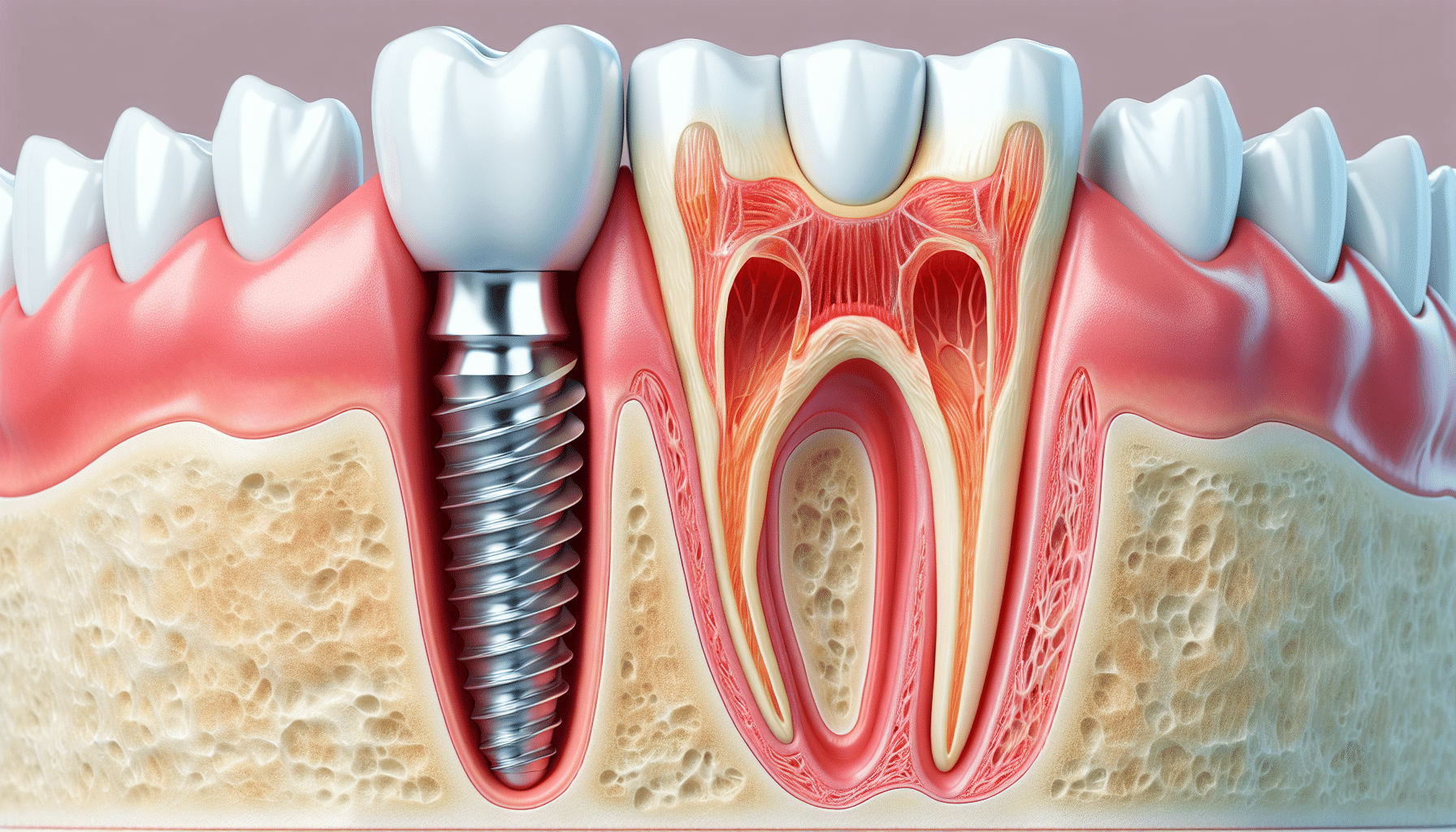Is It Possible To Preserve Your Jawbone With The Help of Dental Implants?

Dental implants transformed tooth restoration. Instead of depending on dentures and bridges to replace a missing tooth (or teeth), you now have a safe, permanent, and secure treatment alternative.
Your implant, which is a tiny titanium post, not only mimics but also becomes a tooth root when it joins to your bone over time. Dental implants can be utilized to replace a single tooth or an entire set, and they serve as a solid basis for any tooth prosthetic, including crowns and dentures. These advantages make implants a great option for many people. If you are living in Kips Bay, you have the option to choose from various dental clinics. If you require dental implants, you should contact a dentist in Kips Bay, New York.
Can you preserve your jawbone by having dental implants?
Dental implants are highly durable due to osseointegration. Implants are made of titanium, a metal substance the body recognizes as natural matter. So, when titanium posts are introduced into the jawbone, the metal and the bone bond together, this means that the implant will get the same level of stability from the jawbone as your previous root system. As a result, the implant and its attached crown will be as solid and functional as a natural tooth.
How does this affect your jaw?
When a tooth breaks down, it affects more than just one’s looks. Losing teeth can make it hard to eat, communicate clearly, and smile confidently. Tooth loss can also have a negative impact on one’s looks because it affects the jawline.
The bone requires stimulation to convey to the rest of the body that it is being used for the intended reason. The teeth offer stimulation to the jaw. The stimulation stops when they fall out, and the body reacts by eliminating calcium from the bone so that it can be used in other parts of the body.
As a result, the jaw can start to shrink in particular areas. This can put the remaining teeth at risk while also giving one an unnatural look. The majority of resorption occurs during the first year of tooth loss.
Dental implants are not just beneficial; they are also preventive.
Some dentists recommend dental micro implants as an option for many patients, not just because they solve issues caused by missing teeth, such as enhancing speech clarity and enabling you to chew food properly and thoroughly. These implants can help you avoid more severe problems in the future.
With an implant, you will not be concerned about creating an embarrassing mistake with your dentures, experiencing trouble maintaining proper oral hygiene habits, or, particularly, suffering bone loss.







